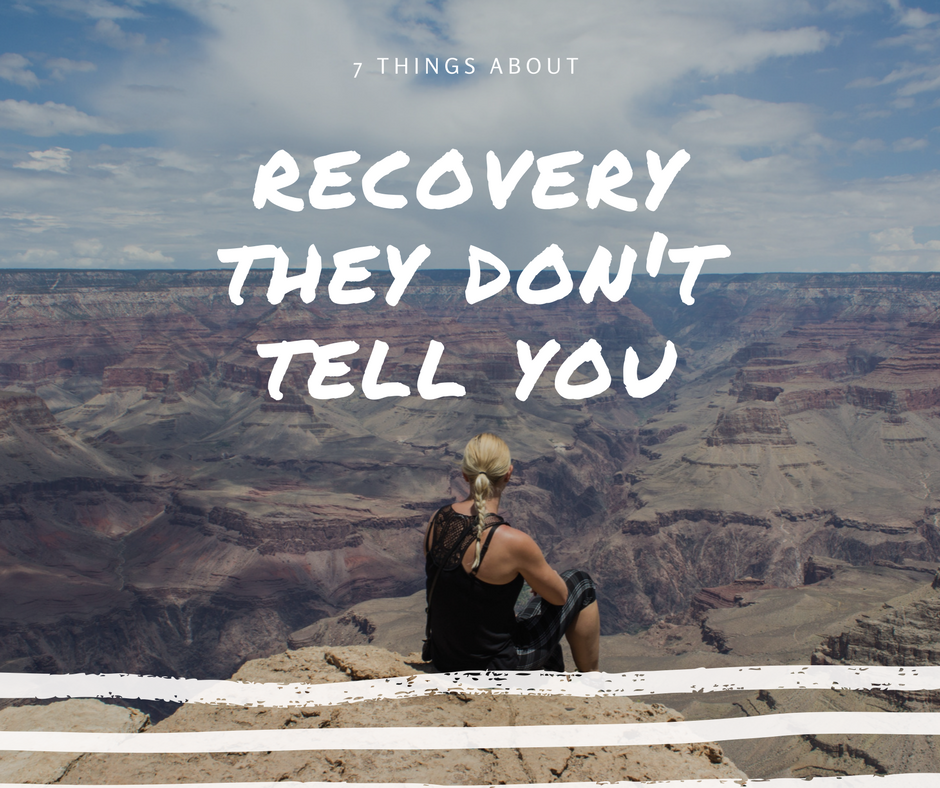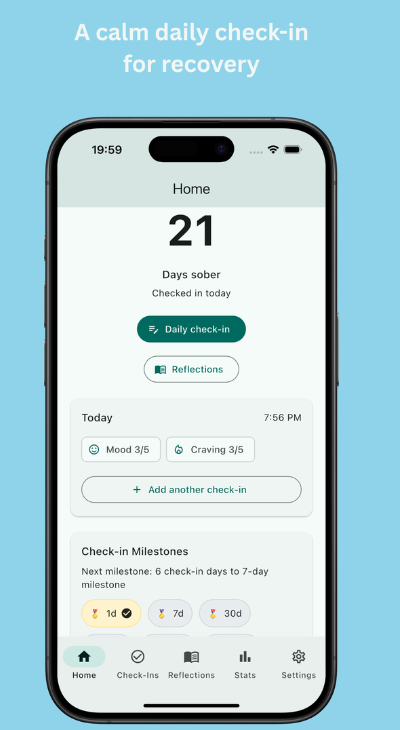
Be an Expert but Have an Open Approach too
When majoring in counseling, psychology, or social work, colleges and universities teach a wide variety of approaches. During the time, it can seem quite overwhelming and oftentimes students are encouraged to be an expert in one thing. This is something I do agree with however, it is also important for professionals to be well versed in multiple approaches.
Re-Evaluate Rather than Force an Approach
When treating someone who struggles with an addiction, a professional should always try an approach they are good at because if it works, there is no need to explore another approach. But, if that approach isn’t working or it becomes exhausting because the professional and client are not jiving, it’s critical to re-evaluate rather than force a set of ideologies onto to someone who is resistant.
Professionals Need to Check Their Own Feelings
In order to do this, the professional must be able to check their own feelings at the door. Far too often, professionals get offended or stressed about the fact that a certain client isn’t responding to their method of treatment. Instead, professionals need to communicate with their clients constantly and collaborate with other professionals. There must be a respect for this type of practice across the board.
Finding the Perfect Professional is Crucial to Your Success
If you have a professional who is not willing to adjust their style to fit your needs, first, try to communicate what you are feeling. If that doesn’t work then finding another professional is essential to your recovery.




